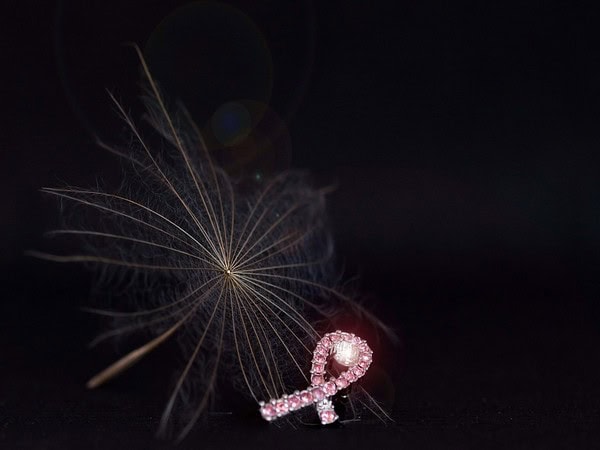London: Turns out, scientists have termed some human cancers to be ‘evolutionary accidents’.
A team of researchers from the University of Liverpool explored the possibilities and found some interesting facts.
Cancer is a major cause of death worldwide. But humans are not the only species affected by cancer; in fact, only a few primitive animals are thought to escape the disease.
Furthermore, incidence rates and cancer types differ widely among species. However, how cancer patterns in humans compare to those of other species remains largely unknown.
Researchers, led by Joao Pedro De Magalhaes, aimed to identify cancer’s evolutionary underpinnings in humans and across a wide range of animals by conducting the largest survey of animal cancer data to date.
The team began examining data relating to primates then continued onto other mammals before examining cancer in birds, amphibians, reptiles, fish and finally invertebrates and plants. It then reviewed the cancer incidence and types for humans and animal types.
The researchers found that some types of cancer are widespread across nearly all species, like blood cancers (lymphomas and leukemia), and there are some types of cancer that seem to be unique of humans, like lung cancer, prostate, and testicular cancers. These could be evolutionary accidents, a product of random events in the evolution of our species.
De Magalhaes, said, “Perhaps unique mutations during the evolution of the human lineage contribute to the disproportionately high incidence of some cancers in our species when compared to all other studied species.”
Another hypothesis is that the increasing life expectancy of humans is allowing the appearance of cancers that would not have affected our ancestors.
First author Thales Albuquerque said, “Cancer rates among humans are high, and they are bound to keep increasing. We still do not know all mechanisms that lead to such a high incidence of cancer in our species, but one hypothesis is that cultural changes and technological advances have produced the greatest of evolutionary mismatches – a situation where the environment changes into something different from that which a species is adapted to, and that provokes stress and may increase susceptibility to cancer”.
De Magalhaes continued, “Our work highlights the different evolutionary pressures acting on cancer early in life (with a high prevalence of blood cancers presumably driven by the need to fight pathogens) and cancer late in life that escapes natural selection, including human-specific cancers that may be evolutionary accidents or related to a mismatch with the modern environment and lifestyle.”
The findings are published in the journal Biological Reviews. (ANI)

